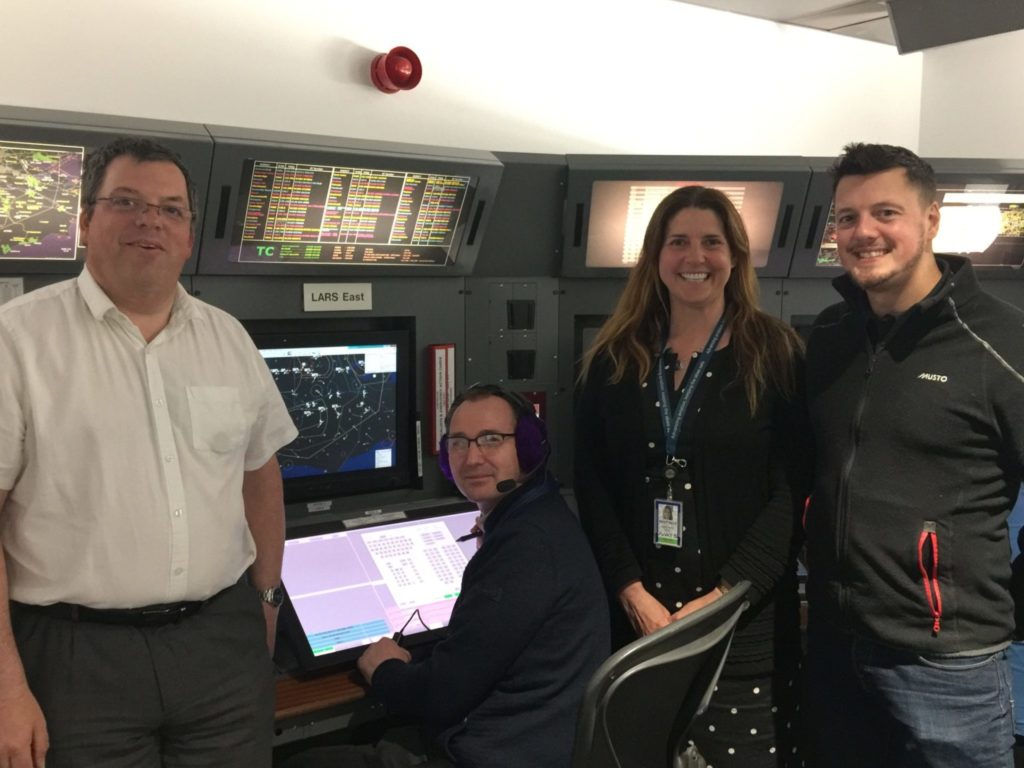The UK’s leading air traffic services provider, NATS has successfully introduced its Electronic Flight Progress Strips (EFPS) system to Farnborough Airport (FAB/EGLF).
The NATS “Hub and Spoke” system incorporates Approach and Radar services along with Farnborough’s Lower Airspace Radar Service (LARS).
Farnborough saw 27,000 movements last year and with 100,000 flights using its LARS area, it is the busiest lower airspace radar area in the UK.
The roll-out by NATS comes on the back of the implementation of the system into Belfast International and Belfast City airports last October and allows controllers to stop using paper strips to record aircraft information in favour of electronic flight progress data.
According to NATS the EFPS system “delivers significant benefits in infrastructure costs as well as enhancing the way in which airport towers can share data, thanks to its ability to transfer and share data from the same single database. In Farnborough’s case, the airport operator has successfully developed a new stand-management system as an interface with its EFPS, the integration of which has already demonstrated significant operational benefits.”
The EFPS system also means that controller workload is reduced, bringing safety and capacity benefits as controllers are able to safely handle more flights and monitor increased levels of air traffic in their airspace.
The next airports in line for EFPS are Bristol, Southampton, Cardiff and London City.

